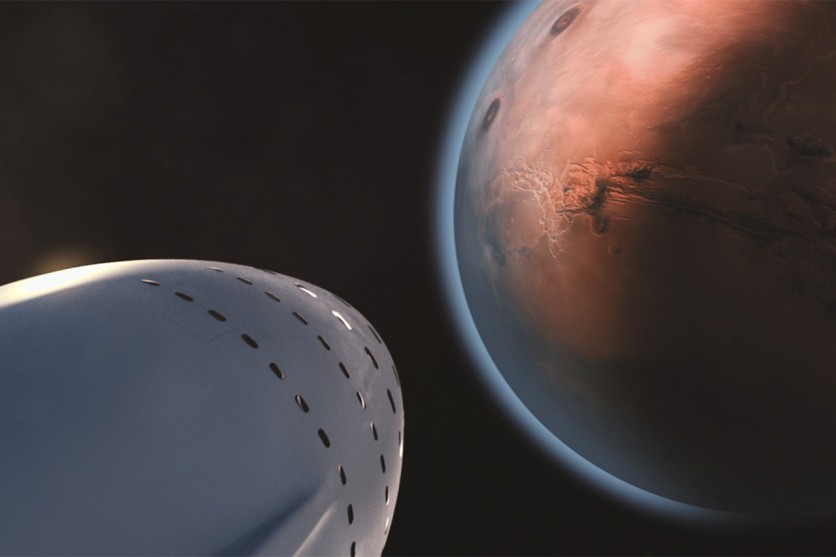After the highly-anticipated return of man to the moon, the National Aeronautics and Space Administration (NASA), as well as private space company SpaceX headed by Elon Musk, is planning to finally step on Martian soil for the first time and maybe even create a colony that could thrive in the Red Planet--but how will they do that?

Prolonged Space Travel Issues
Although space travel is rather common, what with astronauts going to and fro the International Space Station (ISS), a trip to Mars would take a long time, given our current technology.
In a previous report by Tech Times, studies have found that prolonged space flight can be dangerous for humans, so a trip to Mars could even be deadly, and that is one of the problems scientists are trying to solve before any human could step to Mars.
However, a new invention by a scientist may solve the problem.
Read More : Elon Musk Shares Photos of SN9, SN10 Starships But Not Launching, Calls FAA Regulations 'Broken'
A New Concept Could be Our Ticket to Mars
In a report by Sky News, Dr. Fatima Ebrahimi, a physicist with the US Department of Energy's Princeton Plasma Physics Laboratory (PPPL) has designed a fusion rocket thruster that could make space travel faster than it currently is.
According to the report, the rocket will be using magnetic fields that will shoot plasma particles, which are electrically charged gas, to go further into the vacuum of space.
The speed of the said rocket would be ten times faster than any comparable devices we have now.
There are currently plasma propulsion engines that have been used in space missions, but they use electric fields to propel the particles, but the rocket designed by Dr. Ebrahimi would be using magnetic reconnection.
The process is actually rather common in our universe, but it's mostly observed on the surface of the sun, whenever magnetic fields converge in the surface of our host star before separating and reconnecting yet again, they produce a massive amount of energy.
The same concept would be found in the physicist's design.
Similar energy would be created by within the rocket's torus-shaped machines, which are called tokamaks, a magnetic confinement device.
Reaching Mars and Distant Planets
According to the scientist behind the concept design, the tokamak produces plasmoids, or magnetic bubbles, during its operation.
The plasmoids move at around 20 kilometers per second, which the physicist believe is a lot of thrust.
"I've been cooking this concept for a while," Dr. Ebrahimi said. "I had the idea in 2017 while sitting on a deck and thinking about the similarities between a car's exhaust and the high-velocity exhaust particles created by PPPL's National Spherical Torus Experiment (NSTX)."
In computer simulations, Dr. Ebrahimi's rocket thrusters outperformed existing plasma thrusters we currently have as it's able to generate an exhaust with velocities of hundreds of kilometers per second.
With that, a trip to Mars would be achievable, but more than Mars, we might soon reach more distant planets within our solar system.
This may also partially solve the problems with prolonged space travel since astronauts will be in the vacuum of space for a shorter time, but as of now, the design is still a concept, although the scientist is planning to create the prototype.
Related Article : NASA Develops Mars Rover Landing Simulatior for Mobiles and Desktops
This article is owned by Tech Times
Written by: Nhx Tingson




